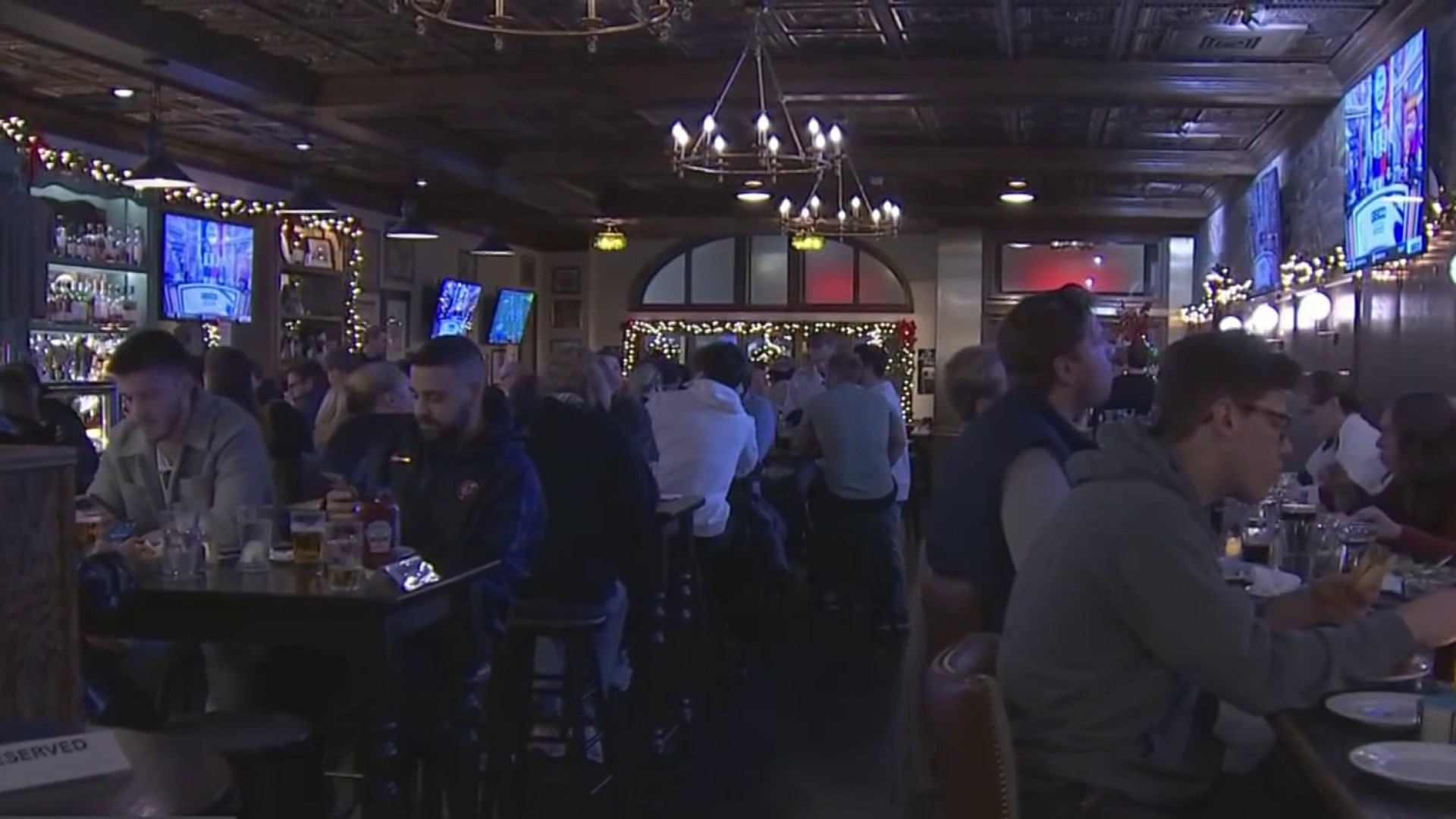Maryland lawmakers approved a measure to help employees at the Port of Baltimore affected by the Francis Scott Key Bridge collapse, a decision that came Monday in the waning hours of a state legislative session that has focused on efforts to rebuild and assure the public in more ways than one.
The stunning March 26 collapse and its impact on a key economic engine prompted lawmakers to act in the last two weeks of the session. The bill authorizes use of the state’s rainy day fund to help port employees who are out of work and aren’t covered under unemployment insurance while the port is closed or partially closed.
The bill also lets the governor use state reserves to help some small businesses avoid laying people off and to encourage companies that relocate to other ports to return to Baltimore when it reopens.
“We’re proud of the fact that we as an administration and we as a state have been able to respond to the crisis of the Key Bridge, while also not losing sight that we have an aggressive legislative package that we have to get across the finish line, and we’re proud of the results,” Gov. Wes Moore told reporters early Monday afternoon.
We've got the news you need to know to start your day. Sign up for the First & 4Most morning newsletter — delivered to your inbox daily. Sign up here.
Moore was scheduled to sign the emergency legislation Tuesday, and put the bill into effect right away.
“This is going to make a difference for our workers,” said Sen. Johnny Ray Salling, a Baltimore County Republican.
A measure to rebuild Baltimore’s Pimlico Race Course, home of the second leg of horse racing’s Triple Crown, also was approved in the last few hours of the session. Senate President Bill Ferguson said the measure was changed to address concerns about the state assuming liability for operating costs by stipulating racing purses would be used to cover losses.
Local
Washington, D.C., Maryland and Virginia local news, events and information
“It’s not a blank check, and so this caps the liability for the state," said Ferguson, a Baltimore Democrat.
Public safety measures were acted on this session, with some high-profile ones already approved by the General Assembly, which is controlled by Democrats. Measures to protect officials, like judges and elections officials, had already been sent to Moore, a Democrat.
Under one measure, Maryland judges would be able to shield personal information online to prevent hostile people from tracking them down. The Judge Andrew F. Wilkinson Judicial Security Act is named for the judge who was fatally shot by a man in October just hours after Wilkinson ruled against him in a divorce case.
Lawmakers also already approved a bill proposed by Moore to enable authorities to prosecute people who threaten to harm election officials or their immediate family members, as threats against elections officials are on the rise across the country in a major election year.
Ferguson said while there may not have been "groundbreaking revolutionary things," the session was "really responding to the important moment in time that Maryland is experiencing, and that’s from the budget, to dealing with the issues around juvenile crime and ... dealing with housing issues and housing affordability.”
“I think this was a session where we really had to be calm and steady and reflective of the desire for security and certainty," Ferguson said. "I think that’s really what a lot of people are looking for right now in Maryland but elsewhere and so we have to do that in a thoughtful way.”
A lockdown at the Maryland State House in late February after an anonymous phone threat also generated some anxiety for a couple of hours in the middle of the session.
Moore's legislative package, which included plans for addressing housing affordability, was greenlighted. Moore appeared in person earlier in the session to testify in support of measures aimed at making housing more affordable and protecting renters, telling lawmakers that Maryland is facing “a true housing crisis,” largely due to a lack of housing supply.
Moore, who previously served as the CEO of one of the nation’s largest poverty-fighting organizations, also came before lawmakers in support of legislation addressing child poverty, which also was approved.
On Friday, lawmakers gave final passage to juvenile justice reforms aimed at improving accountability and rehabilitation in response to complaints about increasing crimes like auto theft and handgun violations.
One key provision would bring children ages 10, 11 and 12 into the juvenile justice system for handgun violations, third-degree sex offenses and aggravated animal abuse. For auto thefts, children of those ages would go through the Child in Need of Services process, in which a judge can order treatment and services, but youths would not be incarcerated.
The measure also creates greater oversight of personnel with a new commission, and greater documentation is required when youths are detained.
Lawmakers gave final approval to the state's $63 billion budget on Friday, agreeing to some tax and fee increases to help pay for education and transportation.



